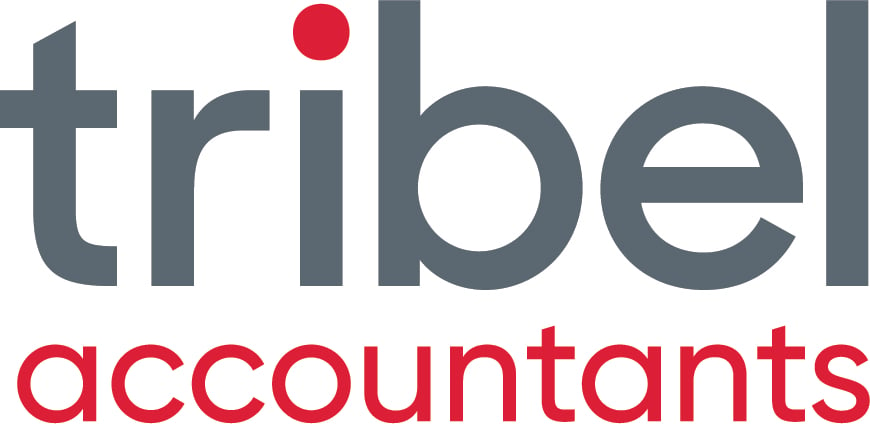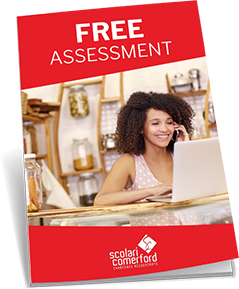INTRODUCTION:
If you have ever thought about selling your business and using the proceeds to help fund your retirement, ideally some planning will take place prior.
Here are 5 simple but effective tips to help get you started.
Figure 1: When it comes to retirement don't get caught with an unplayable lie!
1. How Much Do You Need To Retire?
Do you really know when you would like to retire and what would that number have to be in order to fund the retirement you would like to enjoy? How much of this number will be income generating and how much capital will be used and over what time frame? What about tax?
Most small business accountants should be able to assist you in this area. Sure there are going to be some assumptions but having a plan is better than nothing at all and will get you thinking whether you need to change things in the meantime in order to reach the goal you have set yourself.
2. What Is The Plan To Get There?
You'll need to work out what assets you have now and what they might be between now and the time you decide to pull up stumps. You will need to estimate after-tax savings for each year into the future and factor in whether your business will need to be sold to help reach your goals.
 Figure 2: "If only I had planned it sooner!"
Figure 2: "If only I had planned it sooner!"
Will the sale of your business be needed to fund this goal and if so, will it be enough?
3. What Business Valuation Is Required?
Do you really what your business valuation is at the moment? Is there a shortfall with this number compared to what it needs to be at your retirement date?
4. Get Your Business Valued
Be very careful of advice that "you just get your profit and multiply by say 3 times"! Use an experienced business valuer to work out the right business valuation method who also takes into account not only the numbers but other things that will affect the sale price.
5. Find Out How To Improve Your Business Value?
Most business valuers will look at a number of things when assessing value. These include:
- good cash flow;
- consistent profit;
- even spread of customers (not too reliant on a small number of customers);
- non-reliance on owner(s);
- employment contracts;
- location certainty (where location is important to the business);
- industry outlook;
- strengths, weaknesses, opportunities and threats;
- risk.
If you wish to increase the sale price, you need to make sure these areas amongst others are solid and improve. The better you can address any weaknesses, the higher the price will be.
CONCLUSION:
If you're starting to think about when you might retire, now might be a very good time to plan for it.
If you have a business, think about how it can help you to fund your retirement. If you don't, you might just find that the date keeps getting further away!


.png?width=100&height=100&name=COVID_Safe_Badge_Digital%20(002).png)




